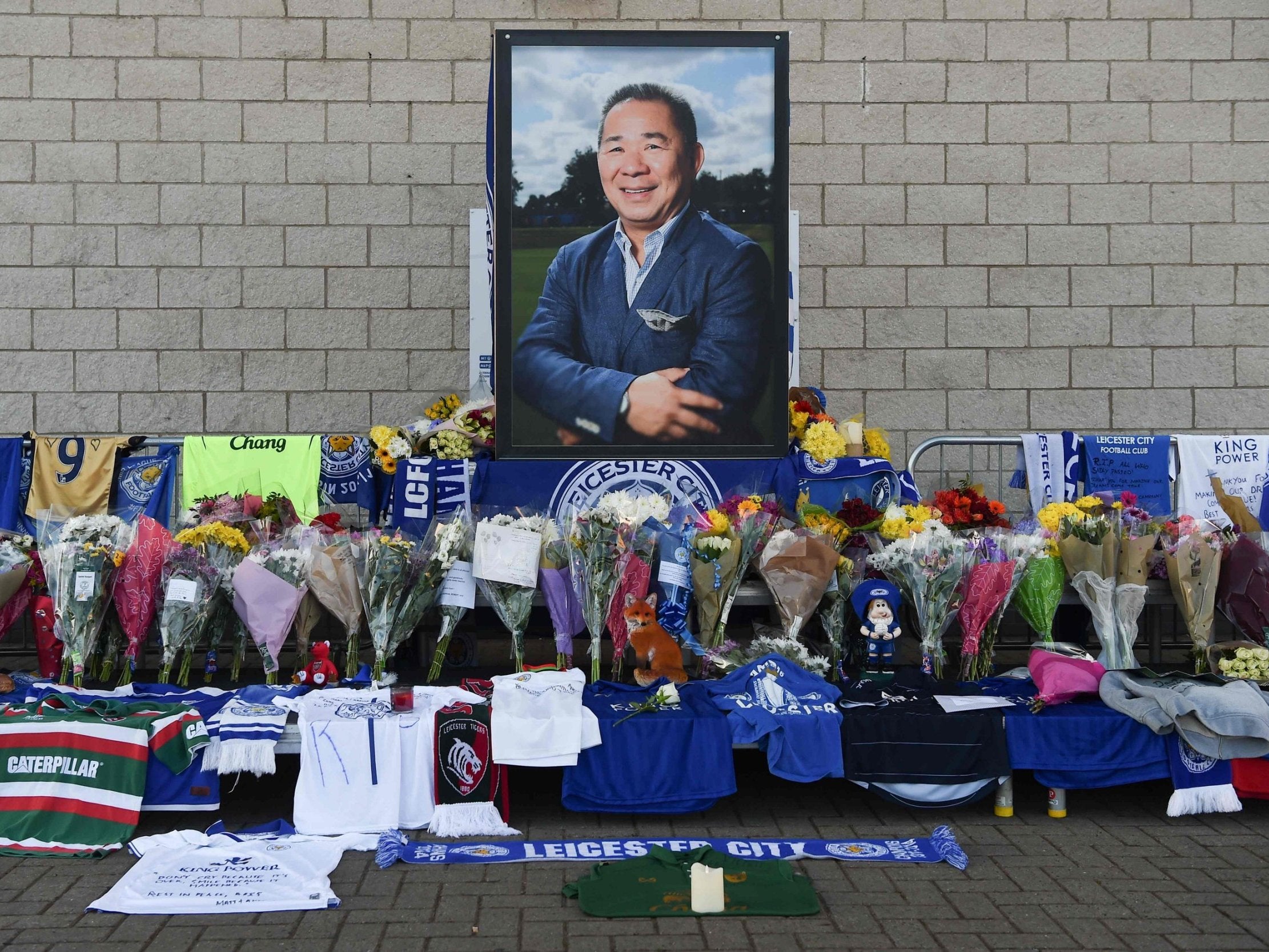When sport mixes with tragedy, it's a test of our skill
We are so used to covering thrills and spills of competitive sport that writing on a matter of mortal consequence, when it happens, never comes easy

On Saturday night I was out for dinner with my partner, my best friend and his partner.
As usual, my phone was vibrating away in my pocket but it was the weekend and with so much sport ongoing and much of our departmental communication passing through mobile devices, this was pretty much normal.
I ignored it for as long as possible, principally to avoid the ire of my other half, but knowing that 99 times out of 100 the messages awaiting me would be inconsequential details about the day’s games, plans for the upcoming days or simply the team communicating for operational reasons. On this one occasion, however, they weren’t.
Instead I was greeted by hundreds of messages and, most hauntingly, a picture of a fireball engulfing a helicopter. I stepped outside to address the situation – what did we know? Who did we have there? How were we going to cover this?
Fortunately we had Steve Madeley in attendance, having just covered the game between Leicester and West Ham, but information was scarce and the fear of what might have occurred was real.
Because if the helicopter of Leicester City’s owner has gone down then you know, deep down, that there is a good chance he is on it, as he so often is after home games. Thoughts race through your head on how you might have to cover a chairman who made Premier League history, a catalyst in one of sport’s greatest-ever stories, dying in such a tragic and unexpected manner.
Fortunately I have a great team and there were immediately volunteers to head to Leicester the next day to assess the situation. Even when our staff are around the world they are chipping in with help and ideas, and this occasion was no different.
That doesn’t make it any easier a story to cover, though.
Many people who got into sports journalism did so because their hobby, their escape from real life, was something they wanted to pursue professionally. Be it writing, broadcasting or anything else, working within sport is so great because it’s a step away from the important things in the world.
When sport mixes with the important things, the tragic things, it is always a test. Covering events like Saturday’s are difficult and don’t come as second nature for sports journalists in the way that producing 1000 words in 20-odd minutes for a live match report might do.
The language is difficult, the contents are sensitive and the feeling as you search for words to write is a unique, dreadful sadness. So used to covering thrills and spills, when something of genuine mortal consequence happens in sport it is never easy. It is only by the grace of some sort of higher being that we don’t have to deal with such terrible incidents very often.
Yours,
Ed Malyon,
Sports Editor
Join our commenting forum
Join thought-provoking conversations, follow other Independent readers and see their replies
Comments